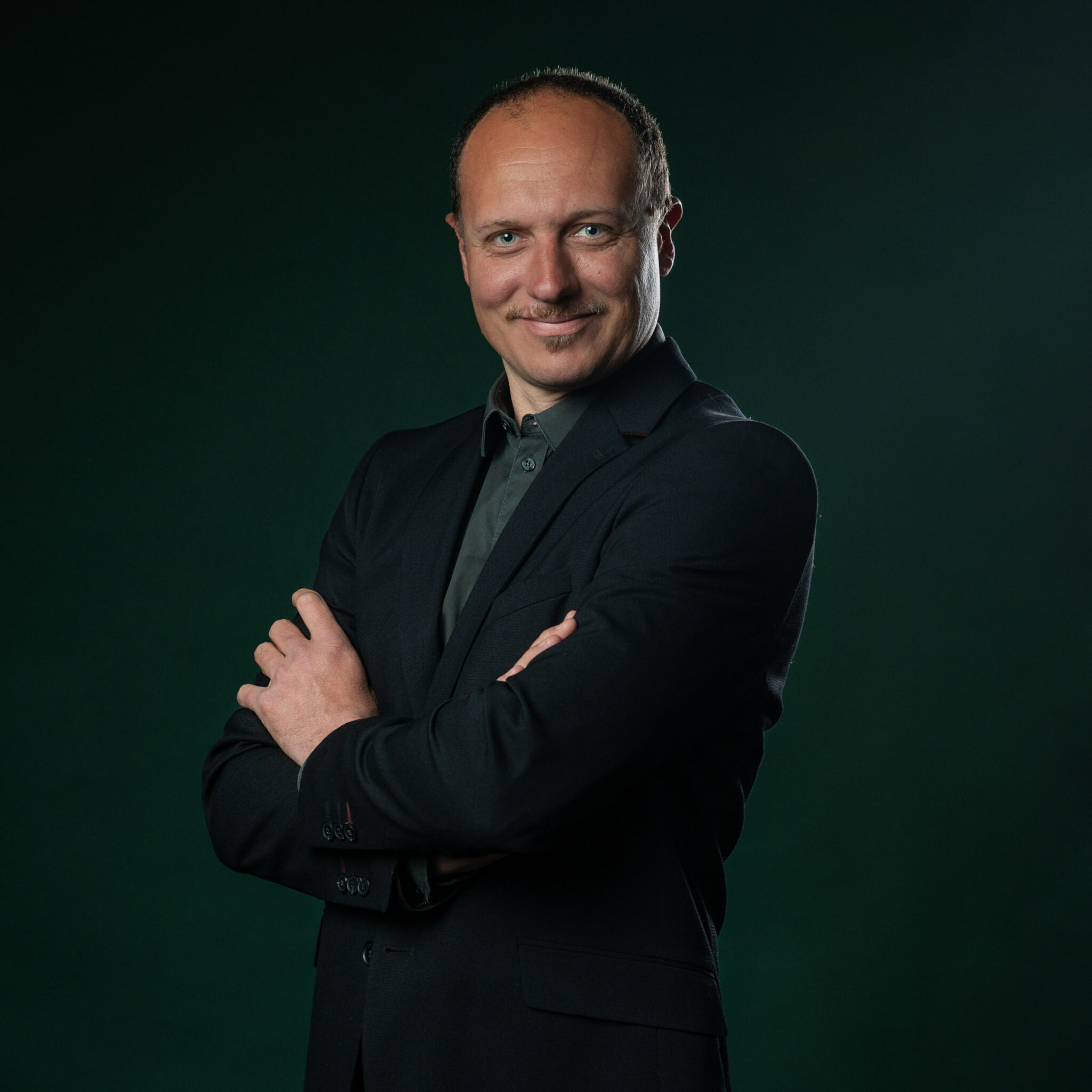Hole People Levels: Understanding the Concept and Its Implications
Hole people levels, also known as « hole levels » or « deficit levels, » refer to the idea that certain individuals or groups may be perceived as being at a lower level of emotional, psychological, or social development than others. This concept has been explored in various fields, including psychology, sociology, and philosophy, and has significant implications for how we understand human relationships, social dynamics, and personal growth.
The concept of hole people levels was first introduced by psychologist and philosopher Eric Berne, who described it as a state of being where an individual is perceived as being « one-down » or inferior to others. According to Berne, people at a lower level may feel inadequate, insecure, or powerless, and may engage in behaviors that reinforce their perceived inferiority. This can lead to a self-perpetuating cycle of negative self-talk, self-doubt, and self-sabotage.
There are several characteristics that are commonly associated with hole people levels. These include a lack of self-awareness, low self-esteem, and a tendency to seek validation and approval from others. Individuals at a lower level may also struggle with emotional regulation, impulse control, and boundary setting, leading to difficulties in forming and maintaining healthy relationships. Additionally, they may be more prone to addictive behaviors, such as substance abuse or compulsive spending, as a way of coping with their emotional pain and feelings of inadequacy.
One of the key factors that contribute to hole people levels is a lack of emotional intelligence. Emotional intelligence refers to the ability to recognize and understand emotions in oneself and others, and to use this awareness to guide thought and behavior. Individuals with low emotional intelligence may struggle to recognize and manage their own emotions, leading to feelings of overwhelm, anxiety, and depression. They may also have difficulty empathizing with others, leading to strained relationships and social isolation.
Another factor that can contribute to hole people levels is a history of trauma or adversity. Traumatic experiences, such as physical or emotional abuse, can leave individuals feeling vulnerable, powerless, and ashamed. This can lead to a range of negative self-talk and self-perceptions, including feelings of worthlessness, guilt, and self-blame. Additionally, trauma can disrupt the development of emotional regulation skills, leading to difficulties with managing emotions and forming healthy relationships.
The implications of hole people levels are far-reaching and significant. For individuals, being at a lower level can lead to a range of negative outcomes, including mental health problems, relationship difficulties, and reduced overall well-being. At a societal level, hole people levels can contribute to social inequality, discrimination, and conflict. When individuals or groups are perceived as being at a lower level, they may be marginalized, excluded, or oppressed, leading to a range of social and economic problems.
So, what can be done to address hole people levels? The first step is to recognize and acknowledge the concept, and to understand its implications for individuals and society. This requires a willingness to confront our own biases and assumptions, and to challenge dominant narratives and power structures. It also requires a commitment to empathy, compassion, and understanding, and a willingness to listen to and learn from the experiences of others.
One approach to addressing hole people levels is through personal growth and development. This can involve engaging in self-reflection, self-awareness, and self-care practices, such as mindfulness, meditation, and journaling. It can also involve seeking out supportive relationships, such as therapy or coaching, and engaging in activities that promote emotional intelligence, such as emotional regulation, empathy, and communication skills.
Another approach is through social and community-based initiatives. This can involve creating safe and supportive environments, such as community centers, support groups, or online forums, where individuals can connect with others and share their experiences. It can also involve advocating for social justice and equality, and working to challenge and dismantle systems of oppression and discrimination.
Finally, addressing Hole People Level people levels requires a fundamental shift in how we think about and understand human relationships and social dynamics. It requires a recognition that all individuals have inherent value and worth, regardless of their background, identity, or circumstances. It also requires a commitment to empathy, compassion, and understanding, and a willingness to listen to and learn from the experiences of others.
In conclusion, hole people levels are a complex and multifaceted concept that has significant implications for individuals and society. By understanding and addressing the factors that contribute to hole people levels, such as lack of emotional intelligence and trauma, we can work towards creating a more compassionate, empathetic, and equitable world. This requires a commitment to personal growth and development, social and community-based initiatives, and a fundamental shift in how we think about and understand human relationships and social dynamics. By working together, we can create a world where all individuals are valued, respected, and empowered to reach their full potential.
The concept of hole people levels is not a new idea, but it is an important one that deserves more attention and discussion. By exploring this concept and its implications, we can gain a deeper understanding of the complexities of human relationships and social dynamics, and work towards creating a more just and equitable society. Ultimately, the goal is to create a world where all individuals are able to thrive, grow, and reach their full potential, regardless of their background, identity, or circumstances.
In order to achieve this goal, it is essential to recognize the importance of empathy and compassion in addressing hole people levels. Empathy is the ability to understand and share the feelings of others, and compassion is the ability to care for and support others in a non-judgmental and loving way. By cultivating empathy and compassion, we can create a more supportive and inclusive environment, where individuals feel valued, respected, and empowered to grow and develop.
Furthermore, addressing hole people levels requires a commitment to social justice and equality. This involves recognizing and challenging systems of oppression and discrimination, and working to create a more just and equitable society. It also involves advocating for the rights and dignity of all individuals, regardless of their background, identity, or circumstances.
In addition to these efforts, it is also important to recognize the role of education and awareness in addressing hole people levels. By educating ourselves and others about the concept of hole people levels, we can raise awareness and promote understanding of the issues involved. This can involve sharing personal stories and experiences, as well as providing information and resources to help individuals and communities address hole people levels.
Overall, addressing hole people levels is a complex and ongoing process that requires a commitment to empathy, compassion, social justice, and education. By working together and supporting one another, we can create a more just and equitable society, where all individuals are valued, respected, and empowered to reach their full potential. The journey towards this goal will not be easy, but it is a necessary and important one, and it is essential that we continue to work towards it, with dedication, perseverance, and hope.
In the end, the concept of hole people levels is a reminder that we are all connected and interdependent, and that our individual and collective well-being is linked to the well-being of others. By recognizing and addressing hole people levels, we can create a more compassionate, empathetic, and equitable world, where all individuals are able to thrive, grow, and reach their full potential. This is a world worth striving for, and it is a world that we can create, together.

